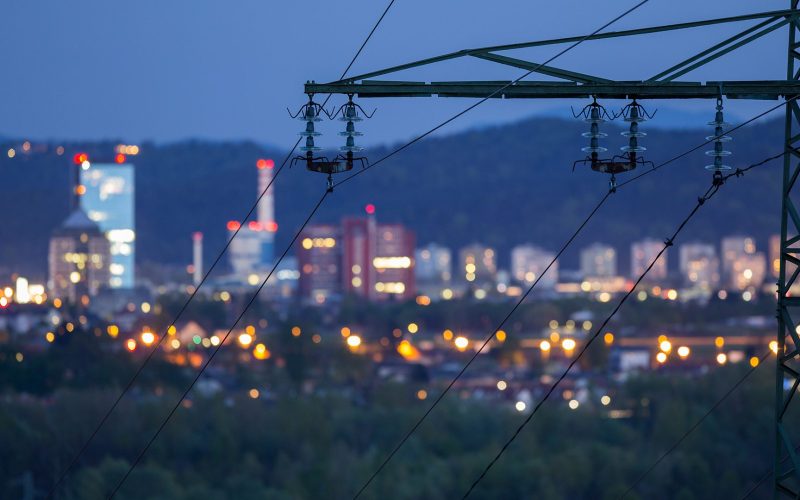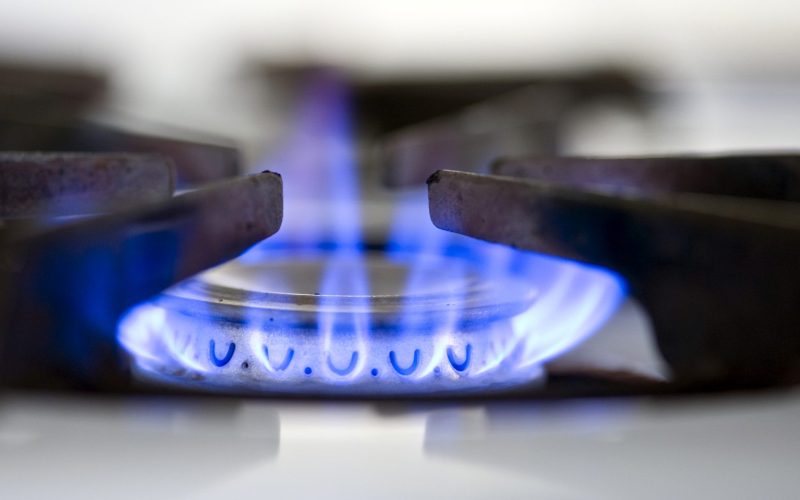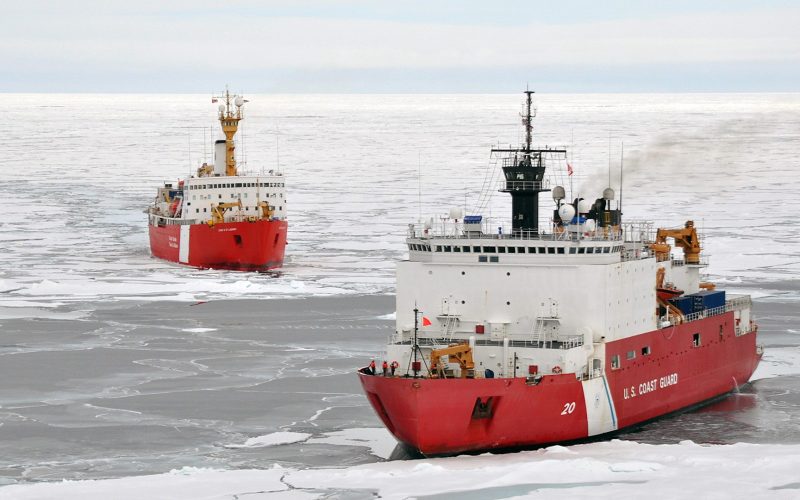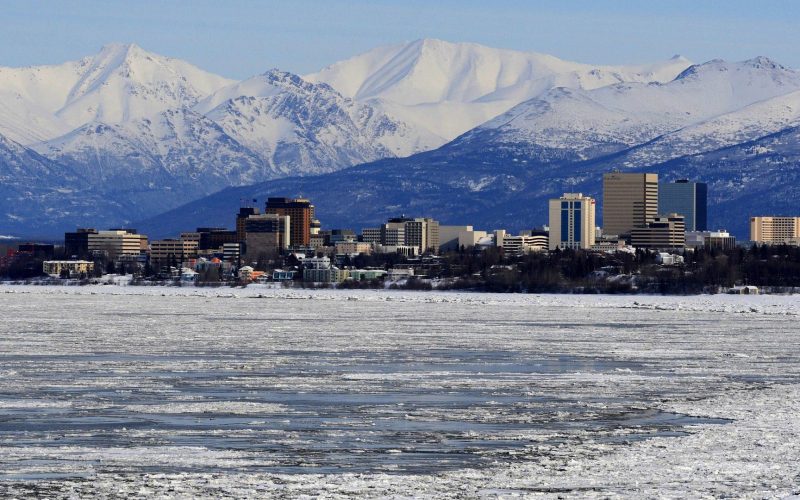THE VOICE FOR THE ENERGY CONSUMER

Consumer Energy Alliance (CEA), the leading energy and environmental advocate for families and businesses, today released a report examining the right of first refusal for electric transmission projects, showing the.

Adding a year and half of review for a tenth of an acre of wetlands is the definition of overkill DETROIT – Consumer Energy Alliance (CEA), the leading energy and.

New CEA Analysis Shows the Impact a Natural Gas Ban Would Have on Pennsylvania Families and Consumers HARRISBURG, PA – Consumer Energy Alliance (CEA), the leading energy and environmental advocate.

CEA President David Holt joined KTRH to talk about the recent decision to allow limited exploration for oil in the National Petroleum Reserve in Alaska, while simultaneously barring and limiting.

As a 501 (c) (4) exempt organization, Consumer Energy Alliance makes its Annual Report and 990 forms available to the public each year. You can find this document below: 2022.

Domestic Production Must Be a National Priority in Wake of Global Realities WASHINGTON – Consumer Energy Alliance (CEA), the leading energy and environmental advocate for families and businesses, issued the.

WASHINGTON, D.C. – Consumer Energy Alliance (CEA), the leading energy and environmental advocate for families and businesses, expressed disappointment at the Department of Interior’s (DOI) unending delays in releasing a.

Legislation needed to stop outside activists from pressuring small, local governments to interfere with Energy Transition Act. SANTA FE, NM – Consumer Energy Alliance (CEA), the leading energy and environmental.

Protecting consumers’ access to natural gas for home heating and cooking is seeing renewed interest in legislative bodies across the United States. Consumer Energy Alliance continues to speak out about.

Three hearings underscore critical, immediate need to open up America’s options to solve environmental, energy challenges WASHINGTON – Consumer Energy Alliance (CEA), the leading energy and environmental advocate for families.